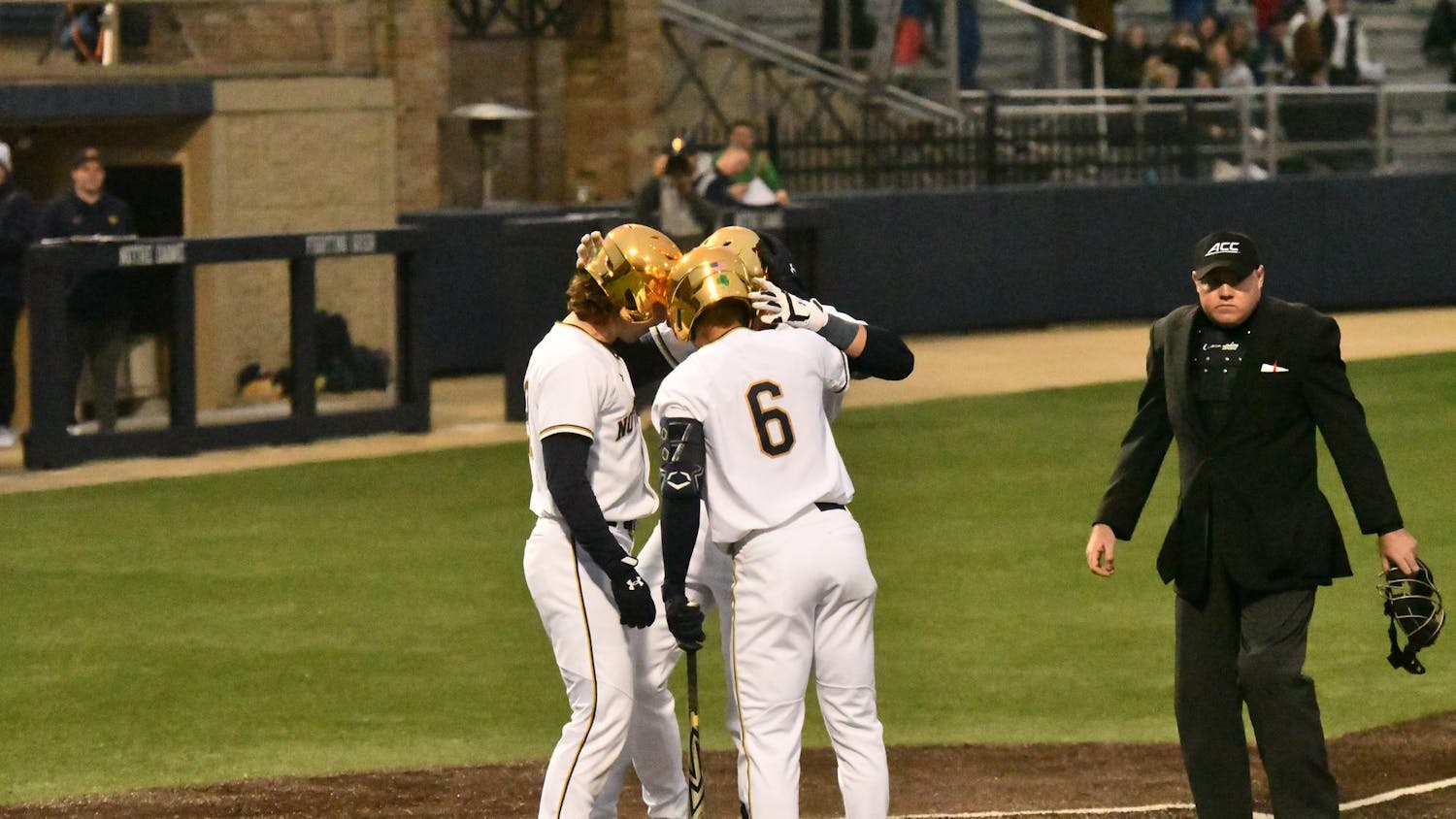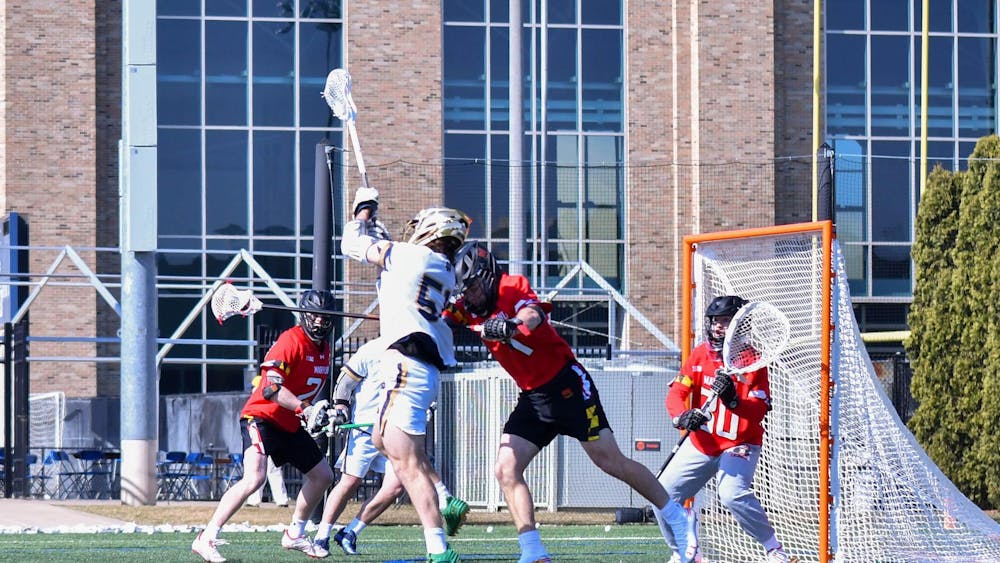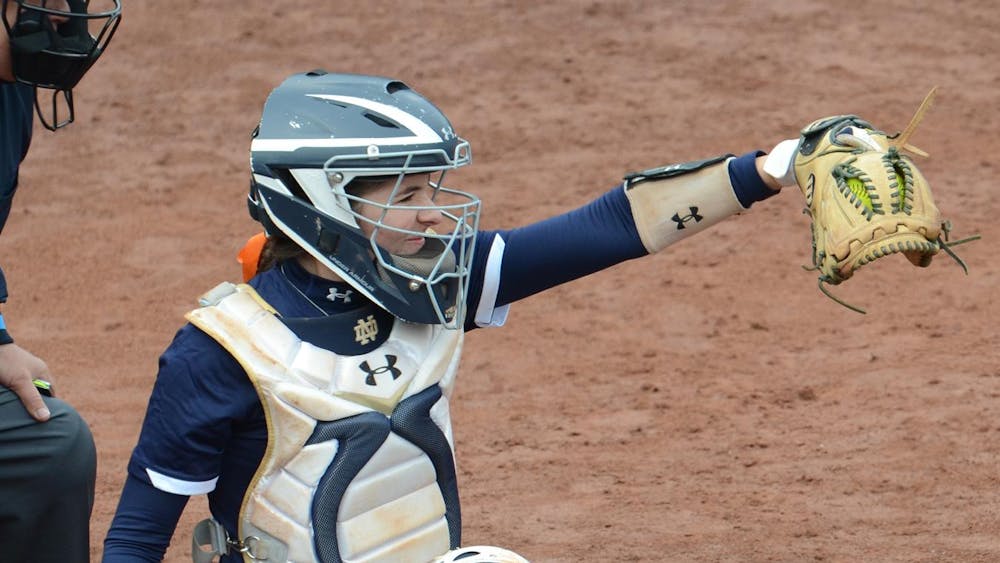Amidst an electric atmosphere and with the hopes and dreams of diehard fans living and dying pitch-to-pitch, Game 3 of the American League Divisional Series was heading to the ninth and final stanza Monday, with Detroit leading New York 5-4.
I, a Tigers fan, turned to my friend, a Yankees fan, and pointed out that one of us would hate the other in 10-15 minutes, depending on whether or not Jose Valverde would convert the save, something he did 49 times in 49 opportunities during the regular season.

Though the Tigers closer made it interesting in the top of the ninth, Detroit held on and snatched a 2-1 series advantage against the Yankees and their vaunted lineup.
While the statement about hating each other based purely on the outcome of a baseball game was a bit of an exaggeration, it captures the tense environment of a stressful postseason for fans that are fortunate enough to see their teams qualify.
Sports create astounding swings of emotions in such short periods of time that are nearly impossible to find in any other avenue of life.
In life, you will inevitably face moments of utter despair or jubilation, but the two rarely occur within minutes of each other.
In Monday night's game, the Yankees had two runners on base in the ninth down one run and confident that Derek Jeter, as he has so many times before, could provide a classic postseason moment for the only franchise he has ever played for.
After Valverde struck Jeter out, those emotions turned from optimistic to dejected very quickly. After all, the game put the Yankees' season on the brink and forced New York to win Games 4 and 5 (with the much-maligned A.J. Burnett starting Game 4, mind you).

The shift of emotions sports provide are akin to your significant other asking you to marry him or her, and then dumping you five minutes later, or your employer giving you a promotion and then firing you in a matter of moments.
Granted, the significance of events in an athletic competition are not in the same stratosphere as life-altering moments such as the end of a relationship or losing a job.
Monday night's game created a diversion for a city and state suffering from economic struggle, as sporting events tend to do. For three hours, Detroiters could revel in the heroics of Justin Verlander, the struggles of CC Sabathia or the antics of Valverde. For three hours, no one had to worry about his or her job status or think about when the next paycheck would arrive.
Sports are the unique bond between the upper class, middle class and lower class. In a country where the divide between the rich and poor consistently grows larger and politics become more and more polarizing, the argument can be made that people have less in common than ever before, which makes a spectacle like Monday night's even more important.
When people see each other proudly wearing the Old English ‘D' that represents a team, a town and a mentality, a connection is immediately fostered. Really, isn't that an integral part of what makes sports special?
Looking around at the crowd of over 43,000 people, though personally knowing about a dozen of them, I couldn't help but feel like I knew all their stories and all their struggles.
And for one night, a city sparkled when it most needed it.
Contact Andrew Owens at aowens2@nd.edu
The views expressed in the Sports Authority column are those of the author and not necessarily those of The Observer.












